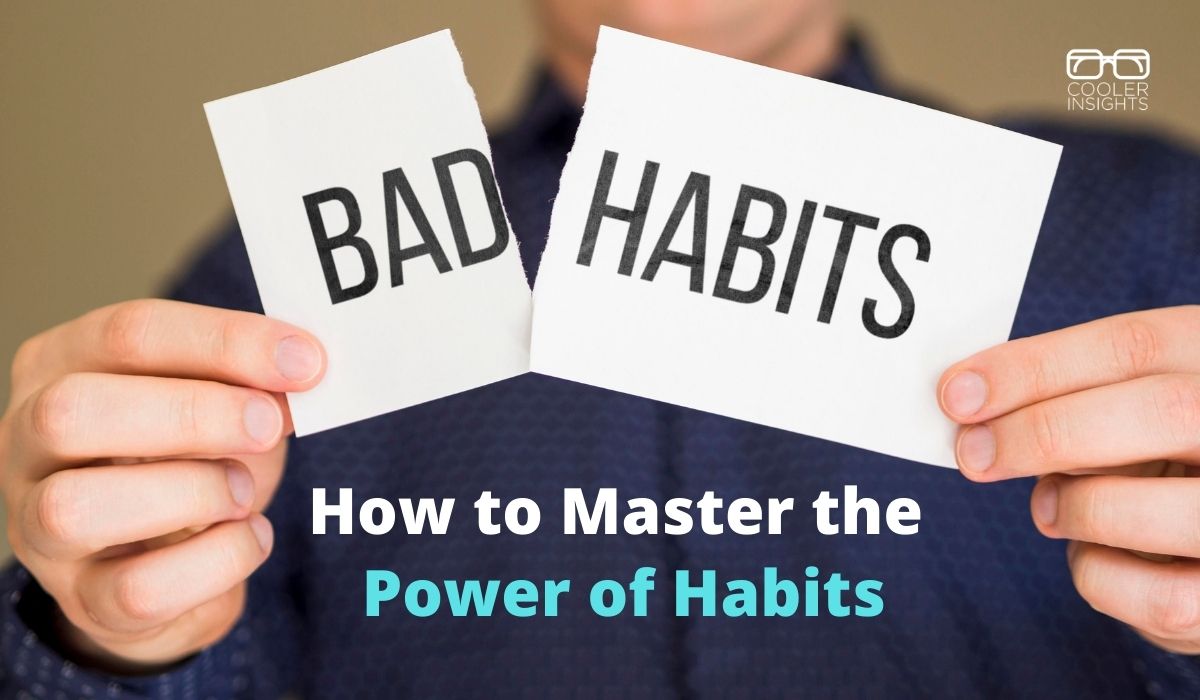
Courtesy of Huffington Post
What do we call the kids these days who thrive on YouTube, Facebook, Instagram and Twitter?
How about Generation Like – a term coined by author, cyber-culture czar and media theorist Douglas Rushkoff.

Courtesy of Huffington Post
What do we call the kids these days who thrive on YouTube, Facebook, Instagram and Twitter?
How about Generation Like – a term coined by author, cyber-culture czar and media theorist Douglas Rushkoff.
FREE. Its a powerful word. Everybody loves freebies.
Besides its a great way to attract customers right?
Is there a crowdfunding market in Asia? How does it differ from the West?
According to a Business Times article late last year, the crowdfunding market potential for South East Asia is projected to grow to some US$8.9 billion come 2025. In Singapore, total venture capital funds in start-ups were only about S$25.2 million in 2012 – a proverbial drop in the vast ocean considering our status as a financial hub. Against such a backdrop, it is evident that there is much potential for crowd-sourced funds to grow.
Thanks to a presentation by Nicola Castelnuovo of Crowdonomic at the recent Crowdsourcing Week Global 2014, I picked up a thing or two about the crowdfunding eco-system in our neck of the woods.
Poster child of the burgeoning crowdsourcing movement, crowdfunding is estimated by Massolution to have raised some US$5.1 billion globally in 2013. Internationally, US-based players like Kickstarter, Indiegogo, and RocketHub have kicked butt, while the Asian scene has been relatively quiet.
Until now.

Russian psychologist/psychiatrist Bluma Zeigarnik (source of image)
What do video gamers, book worms and waiters taking multiple orders have in common?
Well, they usually remember what they have not completed until the task is done. And then, it literally gets wiped out of their system.

Source of image
Catalysed by the ubiquitous social web, our lives are becoming inseparable from that of our networks. We are addicted to the constant online “strokes” delivered by our friends, and crave their likes, shares, comments and retweets.
Like it or loathe it, much of what happens in real life (IRL) is intimately intertwined to how we behave in the virtual world. And we’re lovin’ it.
Can you tame the social media shrew? (source of image)
Social media is a lot like fire. It is a good servant but a bad master.
As a content and social media marketing consultant, my job involves studying how people behave on social media and what brands can do to add value to online communities.

Courtesy of Hollywood Sapien
We’re both actors and audiences in the age of ubiquitous mobile social networks. Powered by tablets and smartphones, we either play the role of thespians or theatre-goers.
Don’t believe me? Well, consider the following:
In case you don’t already know, the world of Search Engine Optimisation (SEO) is going to the birds. Or more specifically, the Hummingbird.
Announcing its brand new algorithm for search recently at its birthday, Google’s Hummingbird claims to make search more natural, contextual and human. In other words, trying to “game” the system through unrelated keywords, meta-tags, links, and other spammy devices may work less effectively in future.

Mockup psd created by freepik – www.freepik.com
Good or bad, habits are hard to break. Try refraining from showering for a week—or even a day—to see what I mean!
As the old song by Chicago goes, habits can be hard to break. Especially addictive ones like smoking, binge drinking, watching television (especially Netflix), scrolling through Facebook or Instagram (oops guilty!), or lazing on the couch.